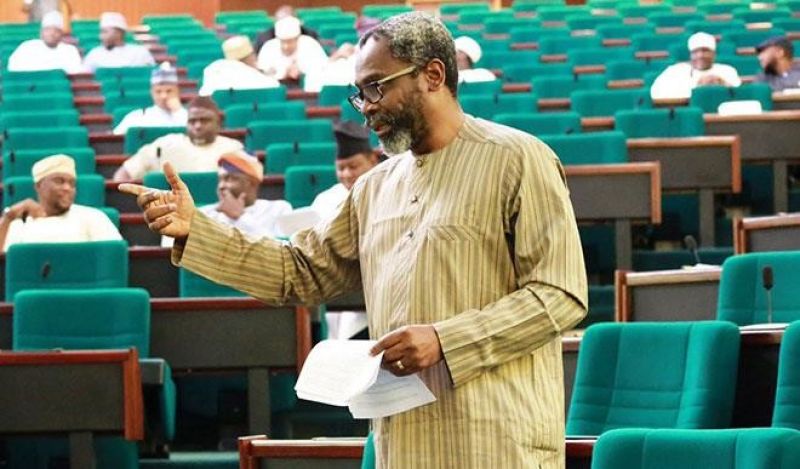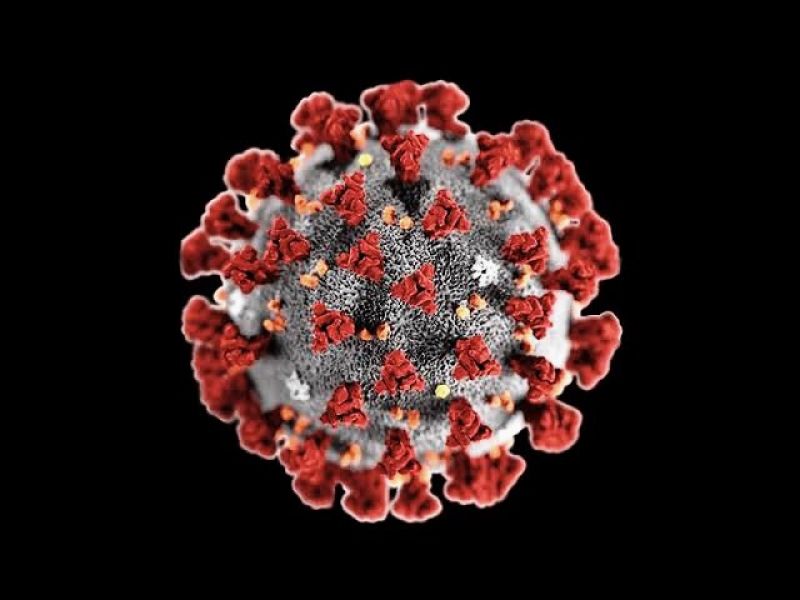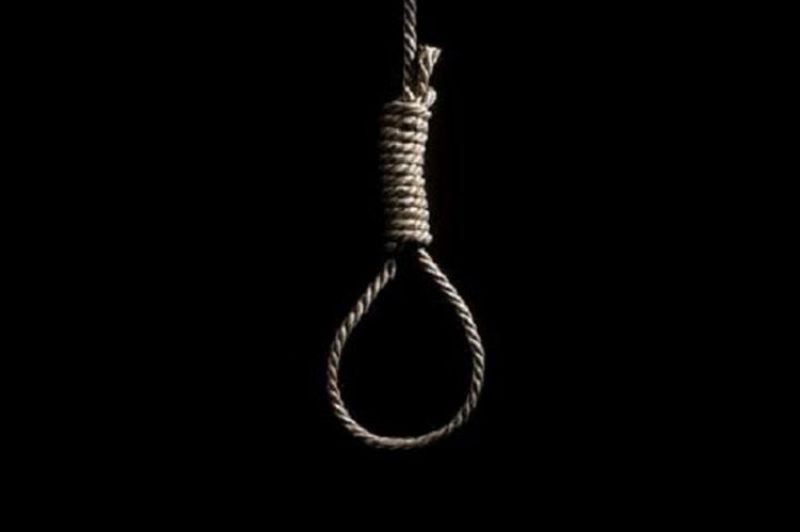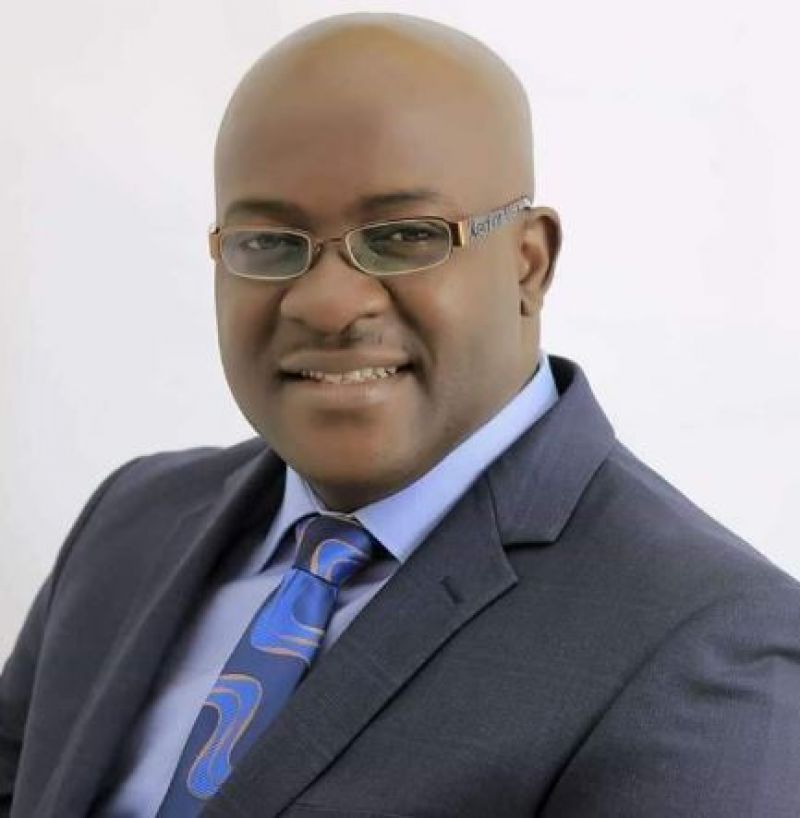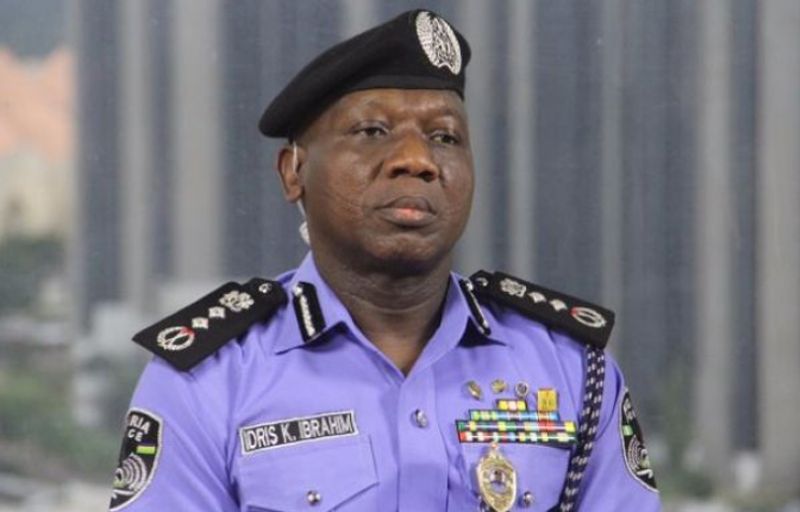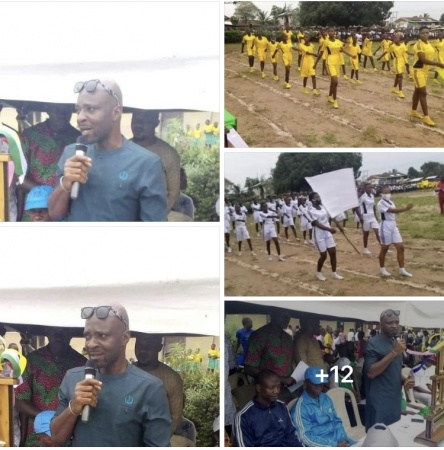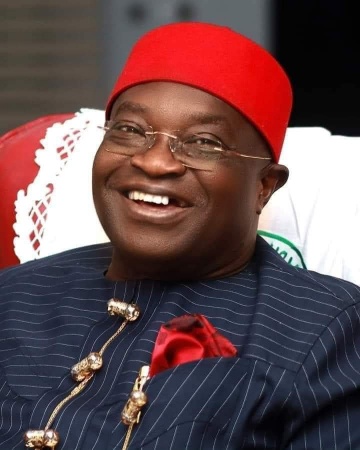National Conference: Our agenda, by Igbo, Yoruba, North, S/South
Posted by Clifford Ndujihe & Dapo Akinrefon, Vanguard | 10 years ago | 3,502 times
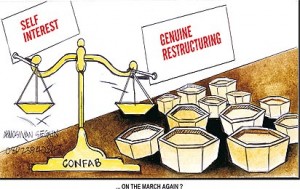
Confab-cartoonAFTER initial discordant tunes in some quarters, all sections and segments of the polity are now poised for the forthcoming National Conference. Leaders of the ethnic nationalities are taking the lead to fashion out water-tight agenda to be presented at the confab.
Main opposition All Progressives Congress (APC), which initially dismissed the proposed confab as diversionary and waste of scarce resources meant to boost President Goodluck Jonathan’s re-election agenda, has made a U-turn and indicated its readiness to partake in the dialogue.
APC National Leader, Asiwaju Bola Ahmed Tinubu, led a delegation to an expansive South-west leader’s meeting on the confab, last week. Yoruba leaders at the meeting, held in Ogun State, agreed on a common agenda for the conference. Thereafter, other meetings were held in Lagos and Ibadan with the agenda remaining similar.
Ekiti State Governor, Dr Kayode Fayemi, said the APC states resolved to take part in the conference to protect the interests of their people especially when Jonathan had declared that the Federal Government would nominate delegates for states that fail to do so. Each of the 36 states is expected to nominate three delegates.
Indeed, in the line with the APC change of heart, Kano State governor, Dr Musa Kwankwaso, who recently defected to the APC from the Peoples Democratic Party, PDP, weekend, nominated three prominent indigenes of the state as delegates.They are Dr Junaid Mohammed, Malam Sule Hamma and Hajiya Aishatu Isma’il.
To firm up their agenda for the National Dialogue, Igbo leaders will meet in Enugu today. Holding at the Banquet Hall of the Governor’s Lodge at 12.30 pm, Igbo leaders expected at the parley include the five South-East governors, Igbo leaders in the National Assembly, ministers and political leaders of the geo-political zone.
Meanwhile, the zone has picked a strong team of 30 men and women, whose names have been submitted to the Office of the Secretary to the Government of the Federation as delegates to the confab.
Speaking on the issue, Ohanaeze Secretary General, Dr Joe Nwaorgu, told Sunday Vanguard that the apex Igbo socio-cultural organization picked 15 of the 30 delegates while the governors nominated the rest with each of the five states having six slots.
Asked about those nominated, he said that Ohanaeze President General, Chief Gary Igariwey, would disclose those on the list, adding, “The President-General has the prerogative to make the list public.”
However, he said that the delegates were chosen in consultation with Igbo organizations affiliated to Ohanaeze such as the South-east People Development Association, Aka-Ikenga, Izu Umunna, Igbo Delegates Assembly and Igbos in Diaspora among others.
“The heads of these organizations in consultation with us arrived at the list. Ohanaeze picked 15 delegates while the governors picked three delegates each ,” he said.
Igbo want restructuring, reparation for incessant killings –Nwaorgu
On the agenda of the Igbo for the conference, Nwaorgu said it is not different from what the Ohanaeze presented to the Senator Femi Okurounmu-led President Advisory Committee (PAC) on National Conference when it visited the South-east last October 27 and 29.
His words: “We are prepared for the conference and we are determined to make it succeed. The issues we want resolved include: the structure of government-presidential or parliamentary, fiscal federalism, devolution of power, resource control, citizenship right, security of lives and property, and reparation over the continuous killing of our people and destruction of their property.”
South-west seeks regional autonomy, devolution of power
At the various meetings, South-west leaders agreed that the Yoruba federation should maintain its six-state structure with boundary adjustment for Ekiti in Kwara to join Ekiti State, Igbomina and Ibolo in Kwara to join Osun State.
They also proposed the Westminster parliamentary system of government, power devolution from the central to federating units, resource control and revenue allocation to be reviewed in accordance with derivation instead of being based on total revenue accruing to the Federation Account.
Among others, the South-west is proposing that immunity for elected officials should be limited to civil cases only.
On policing, they want regional police to be given clearly defined roles and relationship with the federal police.
Souh-south seeks 50% derivation
The South-south geo-political zone, the chief revenue generator for the country, also wants restructuring, fiscal federalism and 50 per cent derivation. Currently, derivation is a miserly 13 per cent.
Most participants at the one-day South-south zonal conference on the National Dialogue held at the Cultural Centre in Calabar, the Cross River State Capital, last week, insisted that local communities and states where natural resources emanate should control their wealth by, at least, 50 per cent. They argued that if this singular issue is resolved, the national atmosphere would be convivial.
Some ethnic nationalities at the meeting included Ijaw National Congress, Oron Ethnic Nationality from Akwa Ibom State, South-south Peoples Assembly, South-south Peoples Forum, Efik Eburutu and Ethnic Nationality.
Governor Liyel Imoke, represented by his deputy, Mr Efiok Cobham, said: “On derivation, our position aligns with the that of the entire South-South states to the effect that the constitution be amended to read that a state on whose territory oil (or other natural resources) are extracted or found be entitled to not less 50 per cent of the entire proceeds from the exploration and exploitation.”
Still on control of resource, he said further:: “Solid minerals should be exploited by states where such minerals are deposited. Compensation should be paid on monthly basis for game reserves and forest conservation as the owners have lost their means of livelihood which is predominantly farming.”
Another point of their emphasis was that the outcome of the conference should never be subjected to scrutiny and review of the National Assembly as proposed by Jonathan as that would defeat the essence of the national discourse because members of the National Assembly would alter the resolutions of the conference.
For the outcome not be challenged and seen to be lacking in law, the people proposed that there should be an Executive Bill to the National Assembly to enact enabling law to legitimately back up the National Dialogue.
Another proposal curtailing “the over-reaching powers of the federal government” and making the central government more accountable to the federating units over the handling and management of the nation’s financial outlay. “Powers should therefore be devolved even as the Executive legislative list be reviewed in order to transfer certain matters to the Concurrent List.”
Senator Florence Ita-Giwa canvassed compensation for Bakassi people for the loss of their ancestral homeland and another deeper look into how the Bakassi Peninsula was was ceded to Cameroon. She also said called for 50 per cent affirmative action for women
Northern govs adopt 30-point agenda
The North is also not left out of the preparations. Apart from the enlarged Arewa Consultative Forum (ACF) last week, the 19 northern states articulated a 30-point for the conference at that their two-day meeting concluded in Kaduna on Tuesday.
The meeting was part of the governors’ legwork to ensure that the North speaks with one voice at the conference.
Speaking on the agenda, Governor Babangida Aliyu of Niger State said the northern governors took a bold step at their just concluded meeting in Kaduna on the points to be presented at the conference and assured that the points would not in any way tamper with the unity and development of the country.
“In our last meeting, we took a principled position to send our best and experienced people to the conference and this will include those who will be able to defend and discuss the issues without fear or favour but which will not tamper with the unity and development of the country,” the governor remarked.
The adopted points to be presented at the conference include fiscal federalism, structure of government, state police, labour matters with regards to wages and salaries, with emphasis on whether salaries should be uniform or based on the financial capability of each state, electricity as a major weapon of economic growth, especially on whether states should be allowed to generate power independently.
Other points include tenure of president and governors, devolution of power, traditional institutions, immunity clause for governors and president, independence of the legislative arm and the judiciary, onshore and offshore dichotomy, resource control.
There are also social security, including health, housing, electoral law which include how elections should be conducted, system of government — presidential or parliamentary, security, creation of more states and local governments and transformation of the agricultural sector as the mainstay of the northern region.
Readers Comments
comment(s)
No comments yet. Be the first to post comment.


